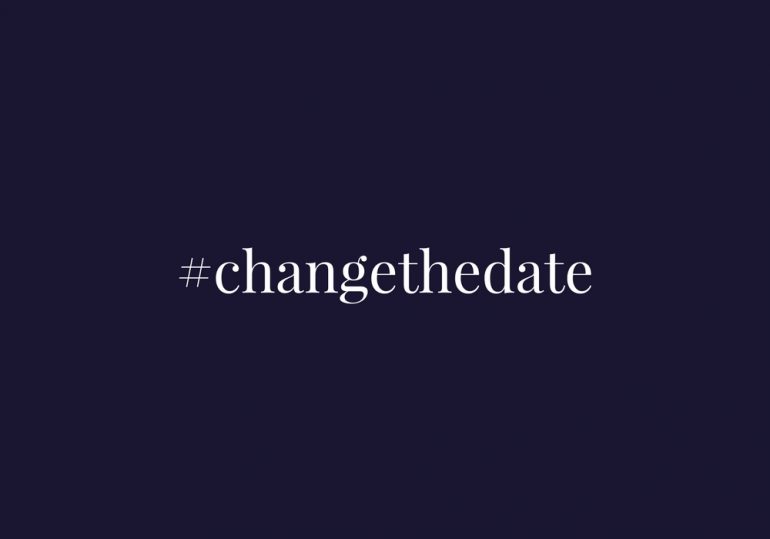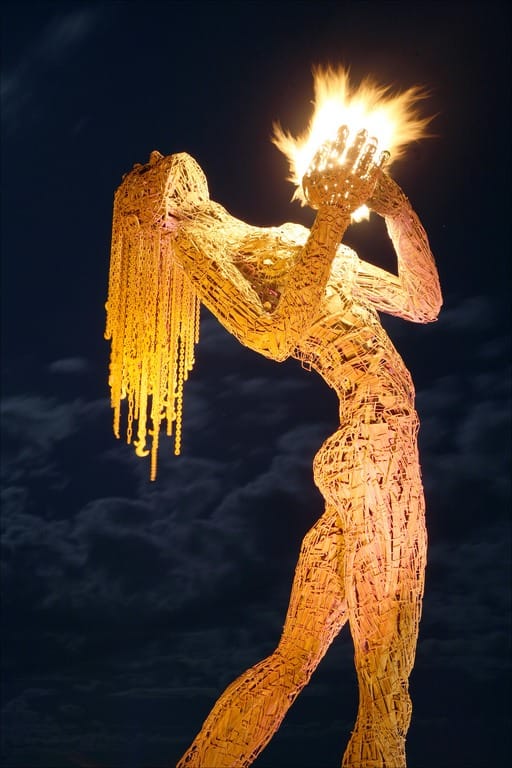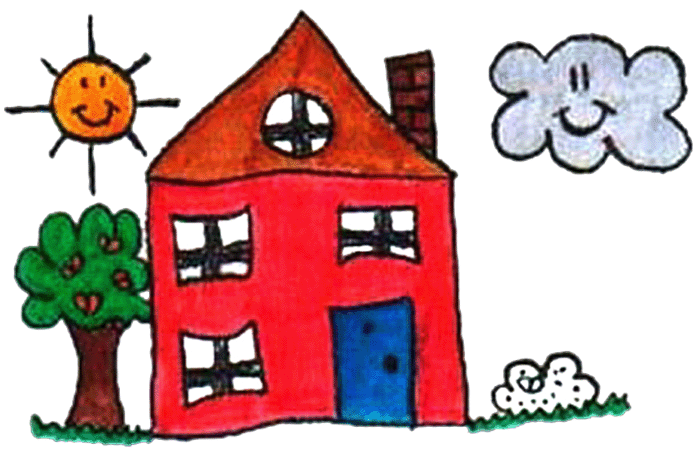We don’t celebrate Australia Day in our household. We aren’t trying to be controversial or fashionable. We’ve just made a choice based on our collective experiences to not celebrate it.
Instead we have started to use the day as a conversation starter with our eldest daughter. She’s only three and half but we’ve talked about the colonisation of Australia, how the English weren’t the first to come here, and some age appropriate stuff about how over generations Aboriginal and Torres Strait Islander people haven’t been treated very nicely.
I know this might seem a bit full on because you know, she’s only three. But kids are smarter than what we give them credit for. And as far as we are concerned, this is an important conversation to start having if we are serious about our kids becoming kind, honest and empathetic individuals.
I know there’s another body of thought that thinks it’s no big deal, I’m being “un-Australian” and we’ve been celebrating Australia Day “forever”. But the fact is, Australia Day only became a national thing in 1935 and it wasn’t until 1994 that it became a consistent national public holiday. So you know, not forever.
I’ve had the privilege during my professional career to work with a number of Indigenous communities and support them in various ways to help them reach their goals and aspirations. During this journey I’ve heard many stories. It’s not my place to share them but mostly they were heart breaking and I have some understanding of why first Australians don’t trust the institution of government and generally feel persecuted.
You don’t have to scratch the surface hard to find testimonies of the abuse Aboriginal people have suffered – the stolen generation, land rights and deaths in custody to name a few of the big issues. The systematic removal of their human rights and land is well documented. In recent decades, successive governments have given Indigenous people their rights “back” under overly bureaucratic frameworks that are frequently difficult comply with.
I find the current situation in Townsville and Shoalwater Bay hard to sympathise with. Farmers there are upset at the proposed compulsory acquisition of the land that they’ve worked for decades and want to stay on. Sound similar to the mass displacement of Aboriginal people from their land to allow for agricultural settlement much?
Now I’m not one to just bang on about problems. I like to have a solution, and I have some ideas. I think it’s appropriate to recognise the 26 January for what it is – Invasion Day or Survival Day. And how that is commemorated should be decided by Indigenous leaders.
As far as having a day to celebrate the essence of being Australian – that is being inclusive, fair and welcoming – the most appropriate day at the moment I think, is 1 January, recognising the inauguration of Australia under the Commonwealth.
In this day and age though, I think the real Australia Day will be the day we become an independent country. The day we as a populous make the decision to break away from the Commonwealth and be independent and stand together under a constitution and flag (I went there) that is reflective of our inclusive values, our acceptance of the many ways we live our lives, and recognises our Aboriginal people and their contribution. That will be the day we can really celebrate what it is to be Australian.
I fear the path to change will be long. Especially when people get upset about two little Muslim girls on a billboard that was advertising Australia Day. When we are in a political climate that thinks assimilation means banning burqas and not welcoming refugees to become a part of our cultural fabric. But if we start talking about why 26 January is not the right day to celebrate who we are, we will get there. One day.
So this is me broadening that conversation and asking you, how do you feel about all of this? Do you recognise it as Invasion Day or are you a strong supporter of keeping 26 January, or are just happy to take as many public holidays as you can get? Please share – we don’t have to agree, but I think it’s great if we are made to see things from different perspectives and have a think.










Completely agree Sarah. Thanks for writing this and putting it at the forefront of people’s minds. It’s time we rise up as a nation.
I agree totally. I too have worked with many Indigenous people, and have educated myself over the last few years. I am an Early Childhood Educator, and I embed as much learning as possible into my program. It’s incredible how much young children can understand, if they are exposed to it. x
Thanks for taking the time to read Kathryn. I think the momentum for change is building – I just hope it keeps up and we see it in the near future.